News & Stories
See the latest news about CMT drug development and read stories from the CMT community that highlight why we must deliver treatments and cures during our lifetime.
How the CMT Research Foundation Catalyzes Research into CMT
An Interview with RareCast's Danny Levine Part of our mission at CMT Research Foundation is to raise awareness about the progress we are making in finding a cure for CMT in the medical, scientific, pharma and patient communities. So, I was pleased to be interviewed on...
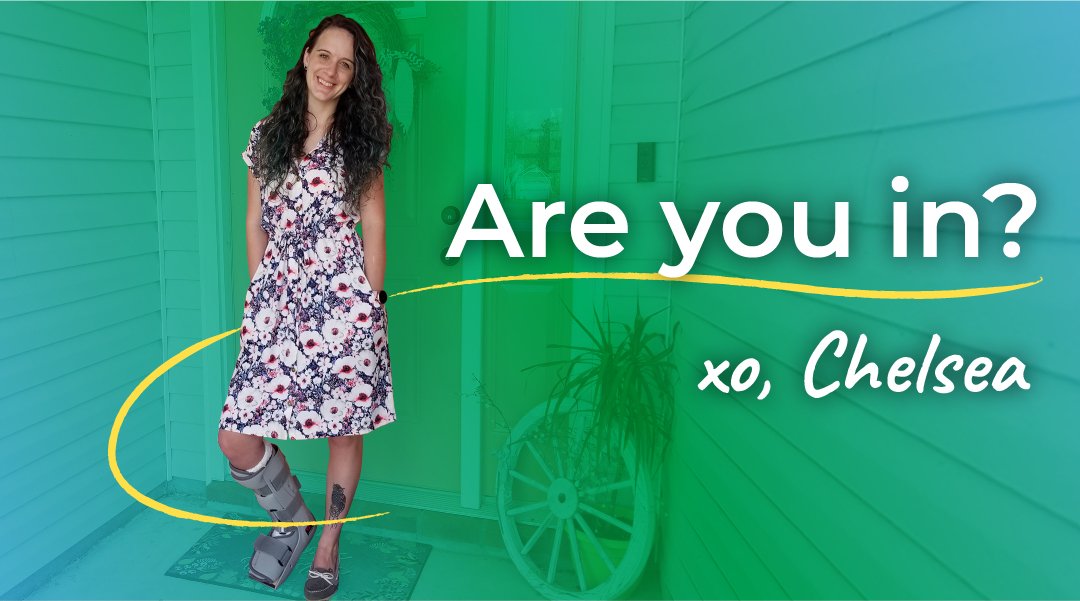
Be the Change We Wish to See: Join the Spring CMT Research Challenge
Tired of living with a disease that has no treatments and cures, Chelsea Layton and her fellow CMT Research Foundation volunteer ambassadors created the Spring CMT Research Challenge to rally the CMT community to help speed drug development and answers. Learn more and join the challenge.
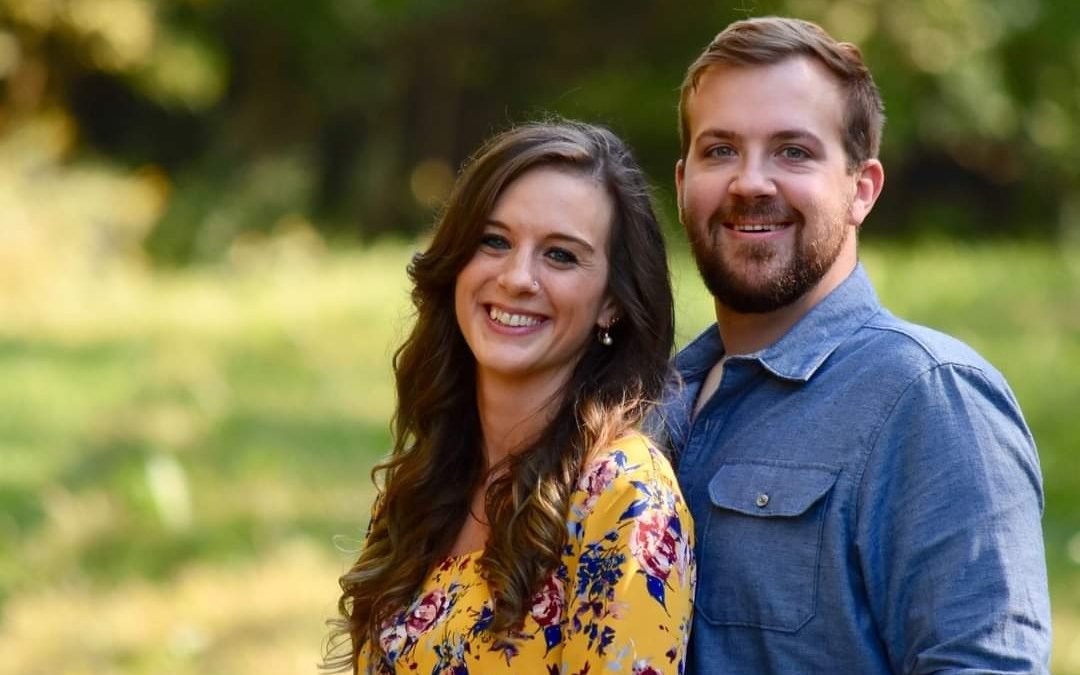
7 Ideas for Personal Fundraising Success
CMT patient Chelsea Layton shares her tips and ideas for starting a personal fundraiser.
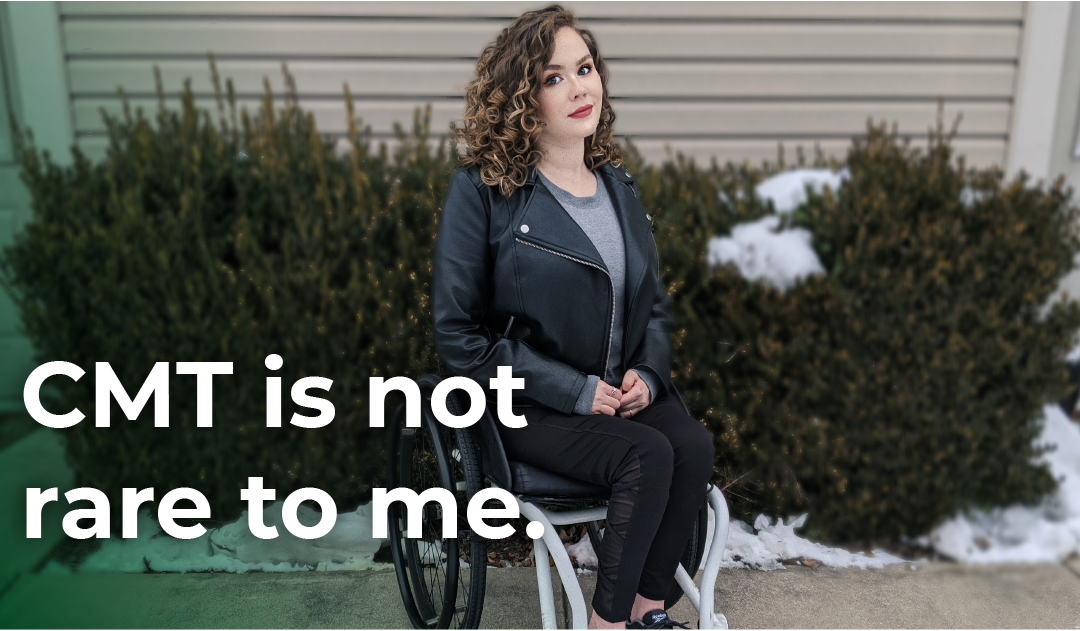
Losing My Independence is Not Rare to Me
When I was diagnosed with CMT at age 2, it wasn’t a surprise to anyone. I was the seventh person in my family to be born with the disease. Although we were familiar with CMT, we couldn’t understand why the disease was progressing faster in me than anyone else in our family. Read Monica’s story.
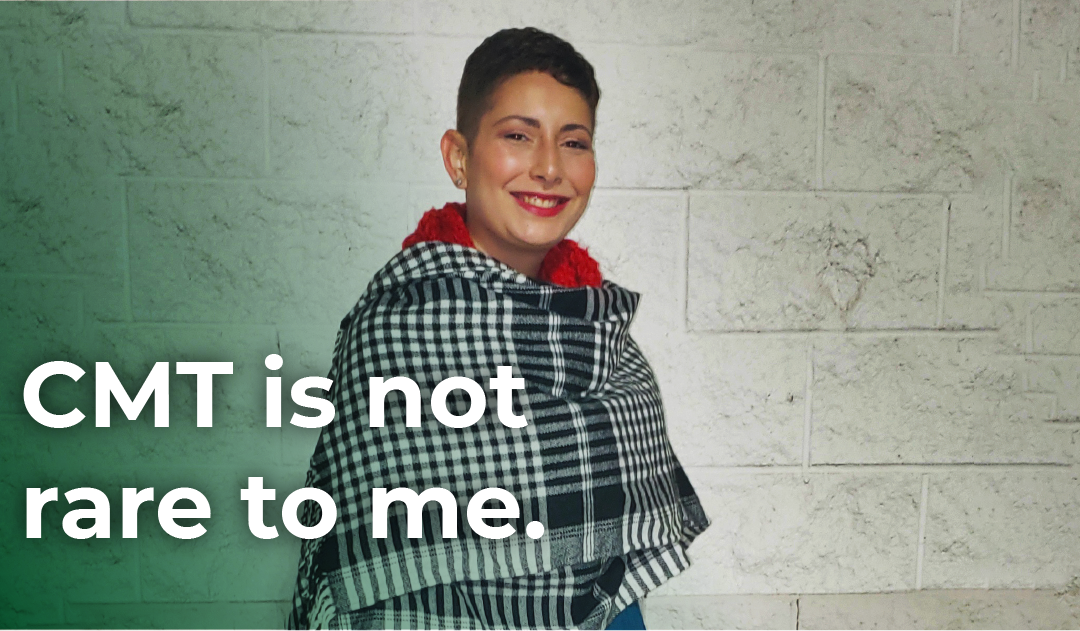
Living in Pain Every Day is Not Rare to Me
The day after my 29th birthday, I received confirmation that the intense pain I’d been experiencing all my life was most certainly not in my head. It was Charcot-Marie-Tooth 1X. During the first year after my diagnosis, I fell into a deep depression. My family had a hard time accepting this diagnosis. Telling my story has changed my life, and I’m determined to change the future. Read more.
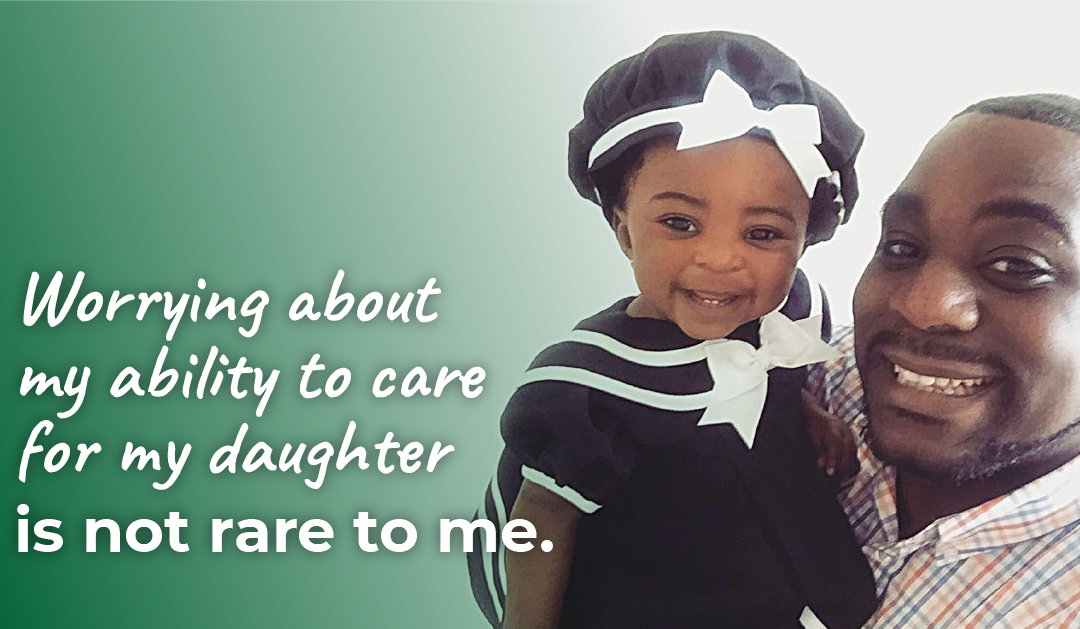
Worrying About My Daughter’s Future is Not Rare to Me
CMT may be a rare disease, but it is anything but rare to me. The most challenging part of living with CMT is the emotional toll it takes. I often think about the significant moments of my life that are yet to come: Will I be able to take my daughter to a father-daughter dance? Will I still be able to walk her down the aisle when she gets married? Read more.
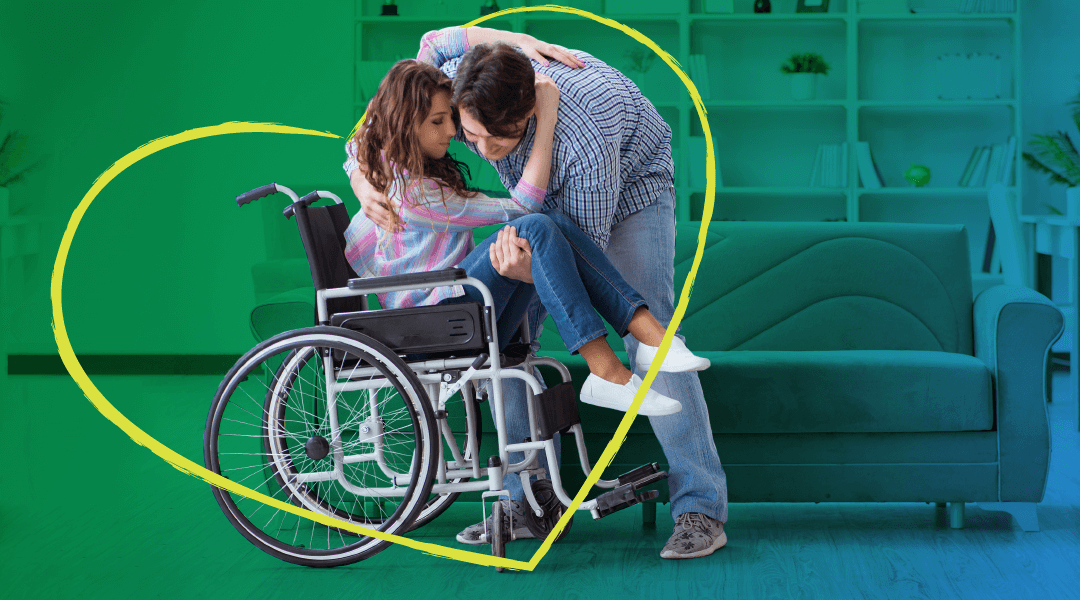
Caring for Someone with CMT: 3 Tips for CMT Caregivers
With no treatments or cures currently available for people with Charcot-Marie-Tooth disease, caring for someone with CMT may feel daunting. As a dad of a daughter with CMT and a friend to many with the disease, I know first-hand how physically and mentally challenging living with the disease can be. Here are three ways to help someone with Charcot-Marie-Tooth and be a supportive CMT caregiver.
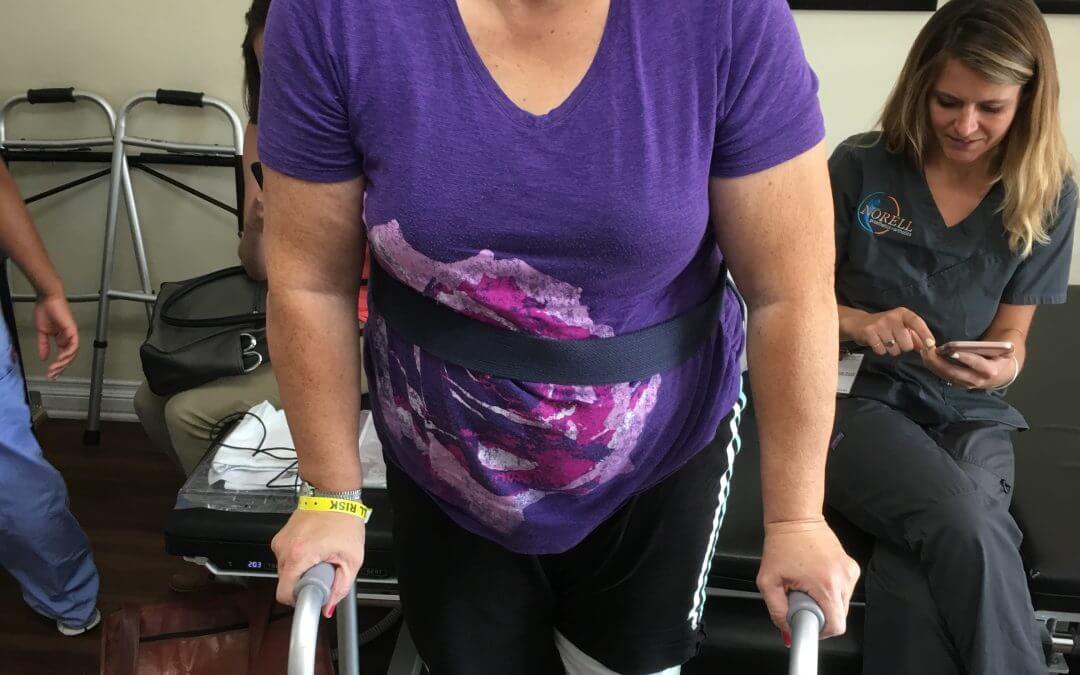
Mom with CMT Loses Her Leg but Gains Strength for Her Daughter
My doctor told me it was the worst case of CMT he had ever seen. We reviewed my options: A fusion with no end to my pain, or amputation. Here’s what I chose and what I’m doing to change things for my daughter.
After 10 Surgeries in 10 Years to Address Deformities from CMT, This Young Woman is Fighting Back
Surgical recovery takes up to 12 weeks and requires me to take a leave of absence from my job, lay with my toes above my nose, spend most of the day alone, and give up my independence. I’m unable to shower on my own, walk without crutches, and have become very socially isolated, especially during COVID-19 quarantine. Given that I’ve had so many surgeries in such a short period of time, it’s difficult to maintain steady employment, let alone a full-time career. All of that is on hold due to my CMT.
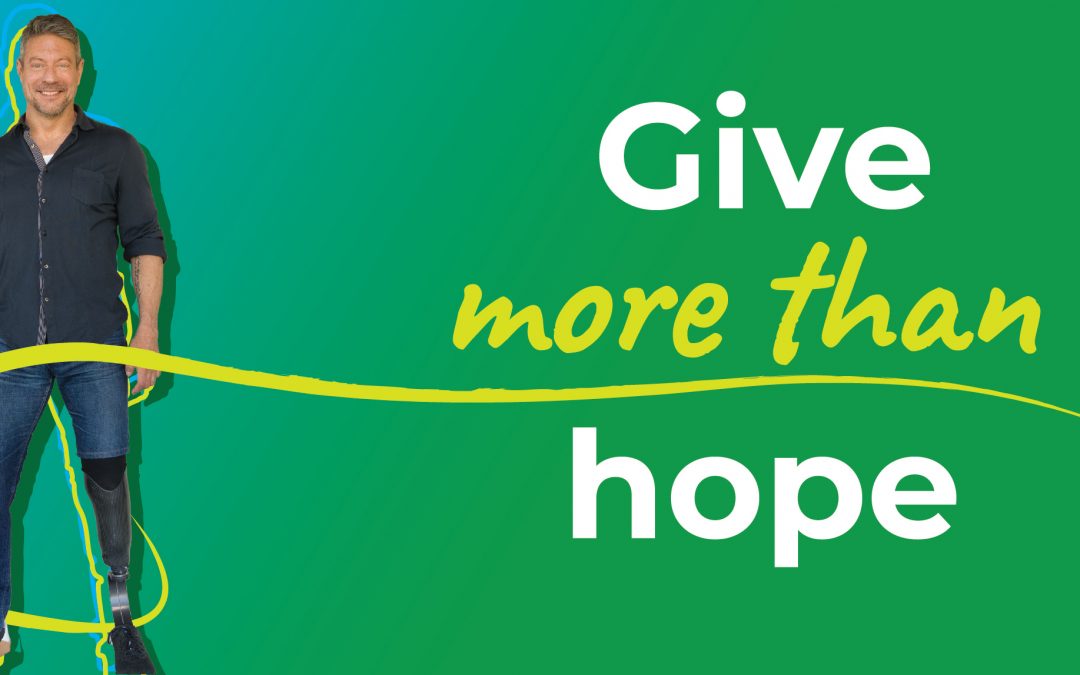
Hope Alone Won’t Save My Hands, But a Treatment Will
I heard a loud pop. Then came the sudden swelling. All I’d been doing was walking down the sidewalk when my left leg snapped. At first, I thought it was just sprained. I kept limping on it for two weeks, until a doctor confirmed it was broken. Doctors gave me three options: Live with the pain and wear a removable cast for the rest of my life, undergo another surgery that probably won’t work, or amputate a portion of my leg. I chose amputation. Read more about Joe’s journey and what he’s doing to give people with CMT more than hope.
Address
4062 Peachtree Road
Suite A209
Atlanta, GA 30319
Phone Number
404.806.7180
Media Inquiries
© 2024 CMT Research Foundation | Privacy Policy
